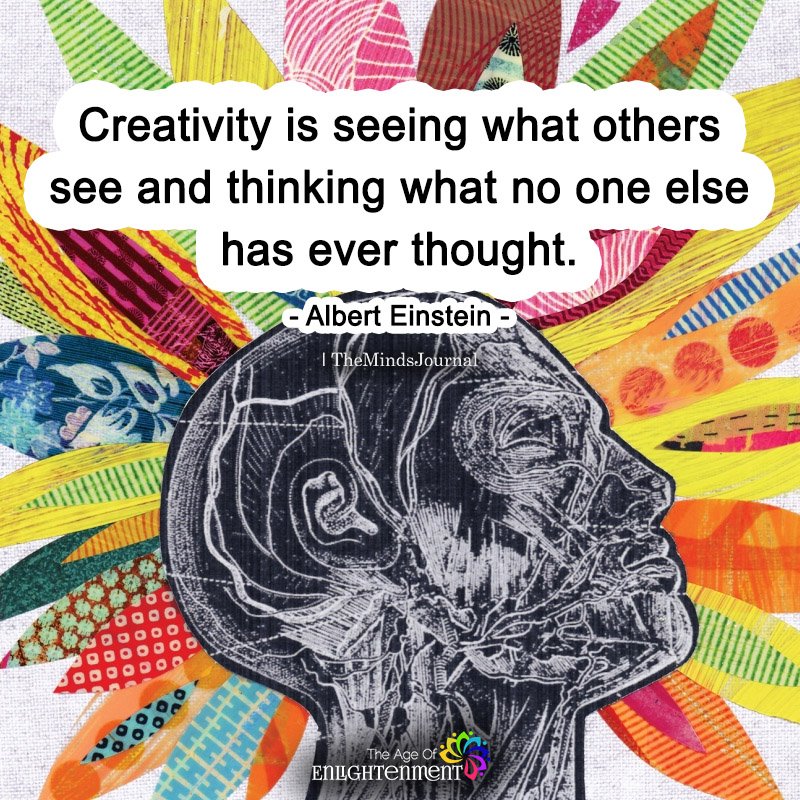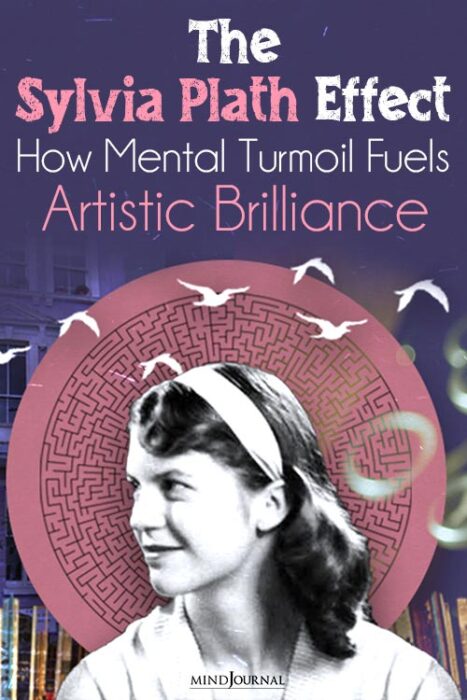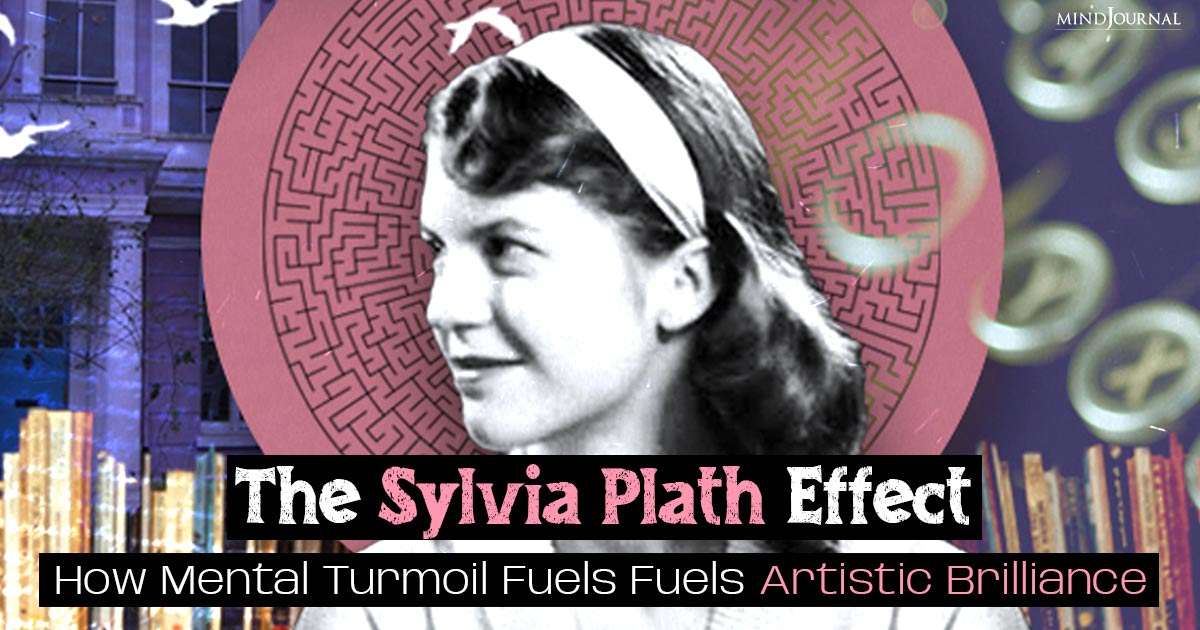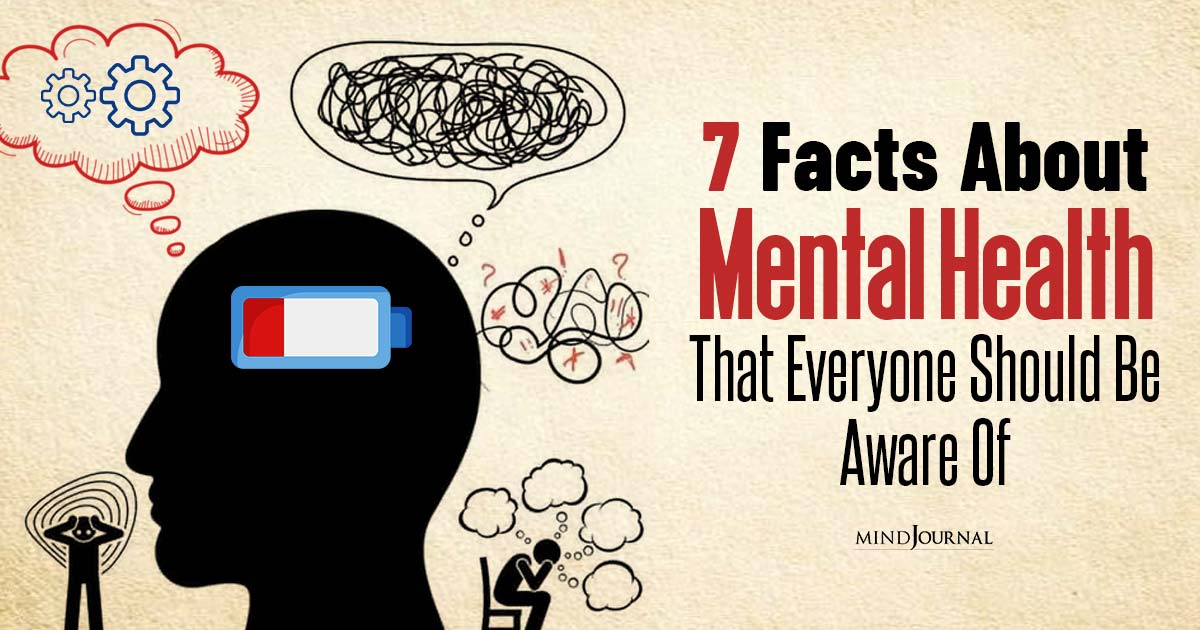Poets have long been seen as depressed souls. But why? Is there a deep connection between creativity and mental illnesses? Why do writers and poets who can create such greatest works of art, literature, and poetry struggle with depression? Let’s delve into the world of writers grappling with the Sylvia Plath Effect.
Creativity is a blessing that each and every writer is always grateful for. But it can also be a curse for some. Why? Writers and poets think deeply. They feel everything from the core of their heart.
They are sensitive souls who often repress their own emotions and pour it out on the page, expressing their deepest thoughts and feelings, and joys and sorrows through their work.
While this can help them to create literary masterpieces, it can also make them feel misunderstood, isolated and lonely. The mind of a writer is like a battlefield, dripping with both pain and brilliance. Their brilliance is cursed to be burdened by mental storms.
So, does the pursuit of literary greatness come at a cost? Today, let us explore the raw emotions and turbulent journey of writers with mental illness and delve into the intriguing phenomenon known as the “Sylvia Plath Effect“.
Join me on this journey as we explore the fascinating interplay between creativity, vulnerability, and the human psyche.
What is the Sylvia Plath Effect?
The Sylvia Plath Effect is a term coined by psychologists to describe the correlation between poets and mental illnesses. It takes its name from Sylvia Plath, an acclaimed American poet, who battled depression throughout her life and tragically took her own life at the age of 30.
Before her death, “She expressed no ideas of guilt or unworthiness, nor is there any evidence that she was deluded or hallucinated,” reveal researchers.
Related: Philosophy And Depression: Does Studying Philosophy Make You Depressed?
As a young student, Plath wrote “No matter how enthusiastic you are, nothing is real, past or future, when you are alone in your room.” Plath’s hauntingly beautiful and introspective poetry continues to captivate readers to this day.
However, Sylvia’s tragic death was not an isolated incident. Studies have shown that “Female poets were found to be significantly more likely to suffer from mental illness than female fiction writers or male writers of any type.”
The Link between Creativity and Mental Health

Emotional turmoil can often serve as a catalyst for creativity. Poets often use their art as a means of expressing and processing their intense emotions. Mental illnesses, such as depression, bipolar disorder, or anxiety, can amplify these emotional experiences, providing a rich source of inspiration.
The depth of their pain and the intensity of their struggles find an outlet in their creative endeavors, resulting in profound and impactful works.
Moreover, poets possess a heightened sensitivity to the world around them. This sensitivity allows them to notice and capture the nuances of human experiences and emotions that others may overlook.
Mental illnesses can amplify this sensitivity, enabling poets to observe the world with exceptional clarity and depth, thus enhancing their ability to create evocative and thought-provoking poetry.
The Dark Side of Creativity
The burden of self-expression is often experienced by poets and writers with mental illness. Poetry often requires poets to delve into their innermost thoughts and feelings, exposing their vulnerabilities to the world.
For individuals struggling with mental illnesses, this act of self-expression can be both cathartic and challenging. The process of channeling their pain into art can be emotionally draining and may exacerbate their mental health struggles.
Furthermore, the expectation to produce brilliant and emotionally charged works can place immense pressure on poets. The desire to live up to the legacy of renowned poets can be overwhelming.
This pressure, coupled with the internal drive for perfection, can lead to heightened anxiety and self-doubt, further impacting the mental well-being of poets, leading to the Sylvia Plath effect.
Related: 7 Signs Of Endogenous Depression And How To Treat It
The Paradox of Art and Healing: Is Art a Form of Therapy?
While mental illnesses can fuel creativity, art can also serve as a powerful tool for healing. Engaging in poetry can provide a means of self-expression, catharsis, and a channel for processing complex emotions.
Through their work, poets can find solace, gain insights into their own inner worlds, and connect with others who resonate with their experiences.
However, the vulnerable nature of poets makes them susceptible to the emotional rollercoaster that accompanies mental illnesses. The delicate balance between their creative pursuits and their mental well-being requires careful attention.
Establishing support systems, seeking therapy, and embracing self-care practices are crucial for poets to navigate their emotional landscapes while maintaining their artistic integrity.
The Sylvia Plath Effect serves as a reminder that the artistic process often emerges from the depths of emotional turmoil, offering solace, understanding, and inspiration to those who resonate with their stories.
Writers Who Suffered from Depression
Writers throughout history have grappled with the weight of depression and experienced the effects of the Sylvia Plath Effect firsthand. Here are a few notable writers who suffered from depression & mental illnesses and left an indelible mark on the literary landscape:
1. Ernest Hemingway
Renowned for his spare and evocative writing style, Ernest Hemingway battled depression throughout his life. His experiences during World War I and II, as well as his tumultuous personal relationships, contributed to his emotional struggles.
Hemingway’s works, such as “The Old Man and the Sea” and “A Farewell to Arms,” often explore themes of existential despair and the human condition.
2. Virginia Woolf
Considered one of the greatest modernist writers with mental illness, Virginia Woolf suffered from bipolar disorder and depression. Her novels, including “Mrs. Dalloway” and “To the Lighthouse,” delve into the complexities of the human mind and the subjective nature of reality.
Woolf’s own mental health struggles, which ultimately led to her tragic suicide, influenced her exploration of the fragility of the human psyche.
3. Edgar Allan Poe
Known for his macabre tales and poetry, Edgar Allan Poe battled depression and alcoholism throughout his life. His works, such as “The Raven” and “The Tell-Tale Heart,” delve into the dark recesses of the human mind, exploring themes of madness, guilt, and the supernatural.
Poe’s own struggles with mental health are reflected in his haunting and psychologically intense narratives. He is one of the most famous writers who suffered from depression.
4. F. Scott Fitzgerald
F. Scott Fitzgerald, celebrated for his novel “The Great Gatsby,” grappled with alcoholism and depression. Fitzgerald’s writing often delves into themes of disillusionment, the pursuit of the American Dream, and the complexities of human relationships.
His personal struggles with mental health and alcohol addiction influenced the introspective nature of his work.
Related: 9 Subtle Signs Someone Is Struggling with Mental Health!
5. Anne Sexton
Anne Sexton, a confessional poet, battled severe depression and underwent psychiatric treatment throughout her life. Her poetry, which explores themes of mental illness, sexuality, and personal trauma, is deeply introspective and raw.
Sexton’s collection “Live or Die” won the Pulitzer Prize for Poetry, and her willingness to confront her own demons paved the way for a new era of confessional poetry.
6. Tennessee Williams
Tennessee Williams, renowned for his plays such as “A Streetcar Named Desire” and “The Glass Menagerie,” struggled with depression and addiction throughout his life.
Williams’ works often explore themes of psychological turmoil, societal pressures, and the complexities of human relationships. His own experiences with mental health influenced the raw emotional intensity and introspection found in his plays. He is also among the most renowned writers who suffered from depression.
7. J.D. Salinger
J.D. Salinger, the reclusive author of “The Catcher in the Rye,” battled with depression and social anxiety. His iconic novel, narrated by the troubled teenager Holden Caulfield, resonated with generations of readers who identified with the protagonist’s feelings of alienation and disillusionment.
Salinger’s personal struggles with mental health contributed to the authenticity and emotional depth of his writing.
8. David Foster Wallace
David Foster Wallace, known for his novel “Infinite Jest” and his non-fiction work “Consider the Lobster,” suffered from depression and addiction. His writing often explores themes of isolation, existential anxiety, and the complexities of contemporary life.
Wallace’s unique style, characterized by footnotes and intricate narrative structures, reflects the chaotic and fragmented nature of the human mind.

These writers with mental illness, like Sylvia Plath, embody the profound connection between creativity, vulnerability, and depression. Their struggles and literary contributions serve as a reminder that art has the power to illuminate the human condition, providing solace and understanding to both the creators and the readers who resonate with their work.
The Sylvia Plath Effect continues to shed light on the intricate relationship between writers and mental health, fostering empathy, awareness, and appreciation for the profound impact of their stories.
Breaking the Stigma: Acknowledging the Reality
Recognizing the Sylvia Plath Effect and the correlation between poets and mental illnesses is an important step in dispelling the stigma surrounding mental health. By acknowledging that some of the greatest artists have battled their own demons, we can foster empathy, understanding, and compassion for individuals who grapple with mental health challenges.
It is essential to celebrate the resilience and creativity of poets who have braved the depths of their minds to create captivating works. By appreciating their art and acknowledging the struggles they face, we can encourage open dialogue about mental health and inspire others to seek support and express their own experiences through various creative outlets.
Takeaway
The Sylvia Plath Effect illuminates the complex relationship between poets and mental illnesses, highlighting the intertwining of creativity and emotional turmoil. Through their art, poets offer us glimpses into the depths of the human psyche, reminding us of the beauty that can emerge from the darkest corners of the mind.
By understanding and supporting poets in their journey, we can foster a compassionate society that values both artistic expression and mental well-being. Let us embrace the power of poetry and continue to explore the profound connections between creativity and mental health.
Related: 6 Things To Remember If Your Partner Is Suffering from Depression
Frequently Asked Questions (FAQs):
What was the impact of Sylvia Plath?
Sylvia Plath’s impact lies in her raw, introspective writing, shedding light on mental illness and challenging societal norms.
Why is Sylvia Plath so influential?
Sylvia Plath’s influence stems from her candid exploration of mental health, gender roles, and existential struggles in her poetry.
Does mental illness get worse if not treated?
Untreated mental illness can worsen over time, leading to increased distress and impairment in daily functioning without proper intervention.









Leave a Reply
You must be logged in to post a comment.